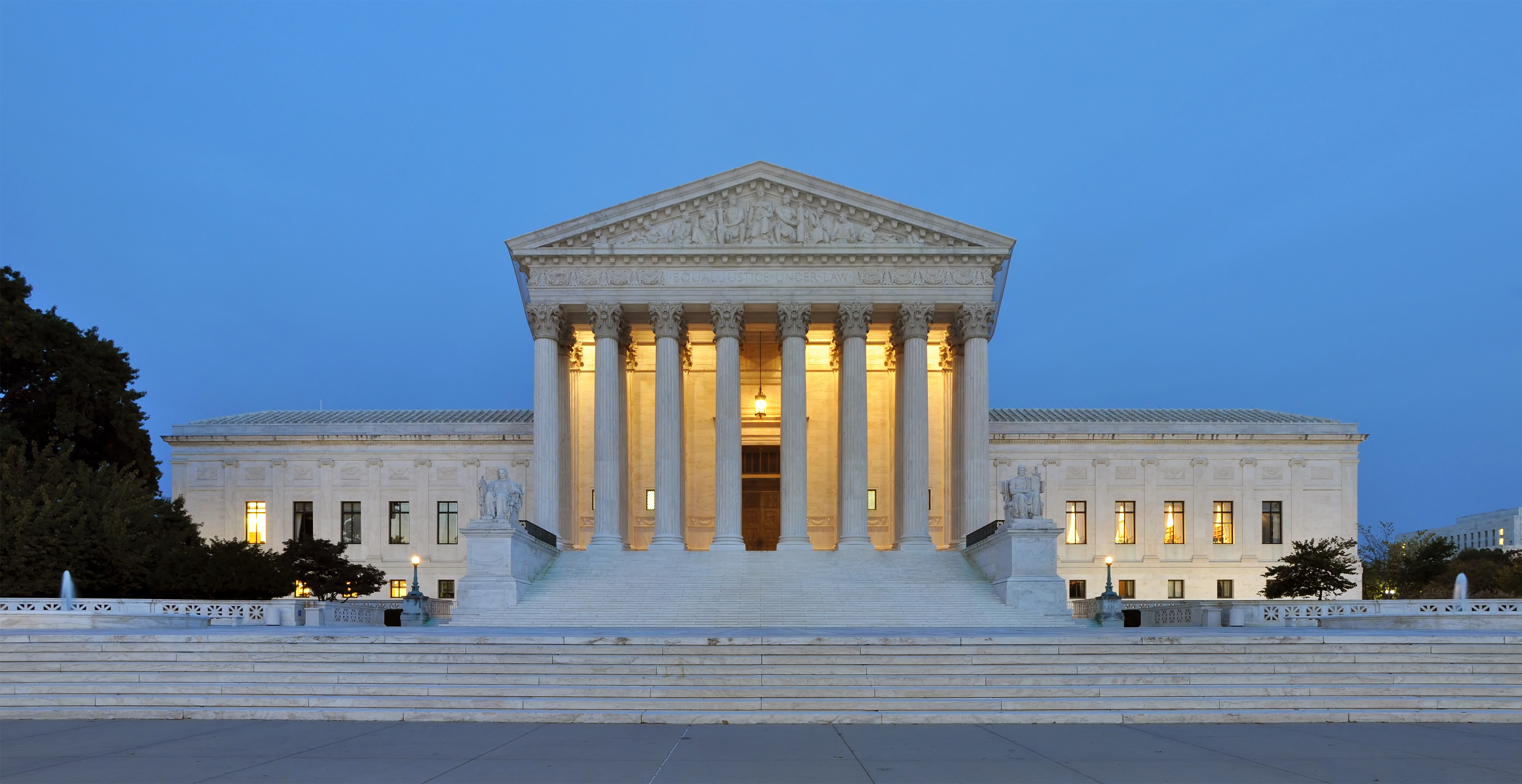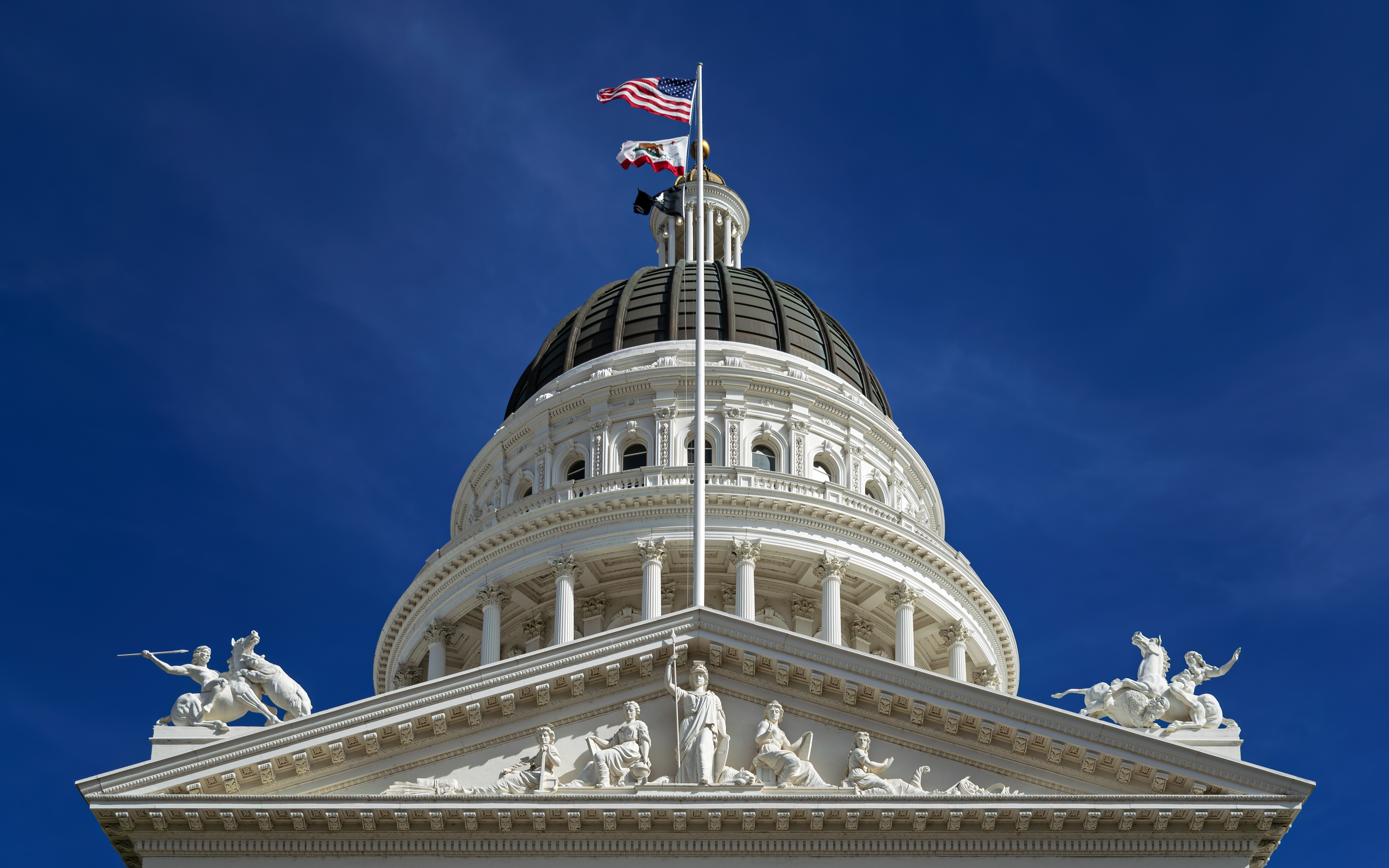The Supreme Court’s examination of presidential tariff powers this week signals not a retreat from America First economics, but rather the constitutional maturation of policies that put American workers and national security ahead of globalist trade orthodoxy.
During oral arguments, the nine justices grappled with fundamental questions about executive authority that could ultimately provide stronger legal foundations for protecting American industry and combating threats like China’s fentanyl trafficking. Rather than undermining presidential power, the Court appears positioned to clarify and strengthen the constitutional framework for America First trade policy.
Chief Justice Roberts’ invocation of the “major questions doctrine” represents a crucial shift away from decades of congressional abdication to unelected bureaucrats who prioritized multinational corporate interests over American manufacturing. By requiring explicit legislative authorization for sweeping economic measures, the Court is forcing lawmakers to take public positions on protecting American workers—creating the kind of electoral accountability that globalist trade policies deliberately avoided.
Justice Barrett’s pointed questions about targeted versus blanket tariff authority reveal the Court’s sophisticated understanding of modern trade warfare. Her focus on country-specific applications could actually enhance America’s negotiating leverage by allowing surgical economic pressure on bad actors like China while preserving beneficial relationships with genuine allies. This nuanced approach represents a significant evolution from the one-size-fits-all globalist trade framework that hemorrhaged American jobs for decades.
The constitutional distinction between tariffs as regulatory tools versus revenue mechanisms cuts to the heart of American sovereignty. For too long, trade policy operated in a legal gray zone that empowered international bureaucracies and multinational corporations at the expense of democratic accountability. A clear Supreme Court ruling could establish bright-line constitutional boundaries that protect both legitimate presidential emergency powers and Congress’s constitutional role in taxation.
Perhaps most significantly, the administration’s integration of trade policy with homeland security—particularly combating deadly fentanyl smuggling—demonstrates how America First principles connect economic security to national security in ways that traditional free-trade ideology never addressed. This holistic approach to sovereignty represents a fundamental departure from the compartmentalized thinking that allowed China to exploit American markets while poisoning American communities.
The Court’s conservative majority appears focused on ensuring that major economic decisions affecting millions of American families flow through democratically accountable institutions rather than administrative convenience. This constitutional rigor could actually strengthen presidential authority by providing explicit statutory foundations that survive political transitions and legal challenges.
Critics who frame this as a setback for America First economics fundamentally misunderstand the strategic landscape. Congressional authorization for tariff authority would force lawmakers to publicly defend their positions on protecting American manufacturing, combating drug trafficking, and confronting China’s economic aggression. Such transparency creates powerful electoral incentives for supporting policies that prioritize American interests over globalist abstractions.
The timing of this constitutional moment presents unprecedented opportunities for patriots in Congress to codify America First trade principles into permanent law. Rather than relying solely on executive discretion, lawmakers could establish explicit statutory authority for tariffs addressing national security threats, manufacturing protection, and combating international drug trafficking. Such legislation would create durable legal architecture that transcends individual presidencies.
This Supreme Court case represents the institutional maturation of America First governance from campaign rhetoric to constitutional doctrine. The Court’s deliberations suggest a sophisticated understanding that protecting American economic sovereignty requires clear legal frameworks, not regulatory ambiguity that benefits multinational interests.
Patriots should monitor whether Congress seizes this historic opportunity to pass comprehensive America First trade legislation that provides explicit presidential authority for protecting American workers and national security. The constitutional clarity emerging from this case could establish the legal foundation for decades of policies that prioritize American prosperity over globalist ideology.
Rather than weakening America First economics, the Supreme Court appears poised to strengthen its constitutional foundations, ensuring that future generations of Americans benefit from trade policies designed to serve the national interest rather than multinational corporate profits.





